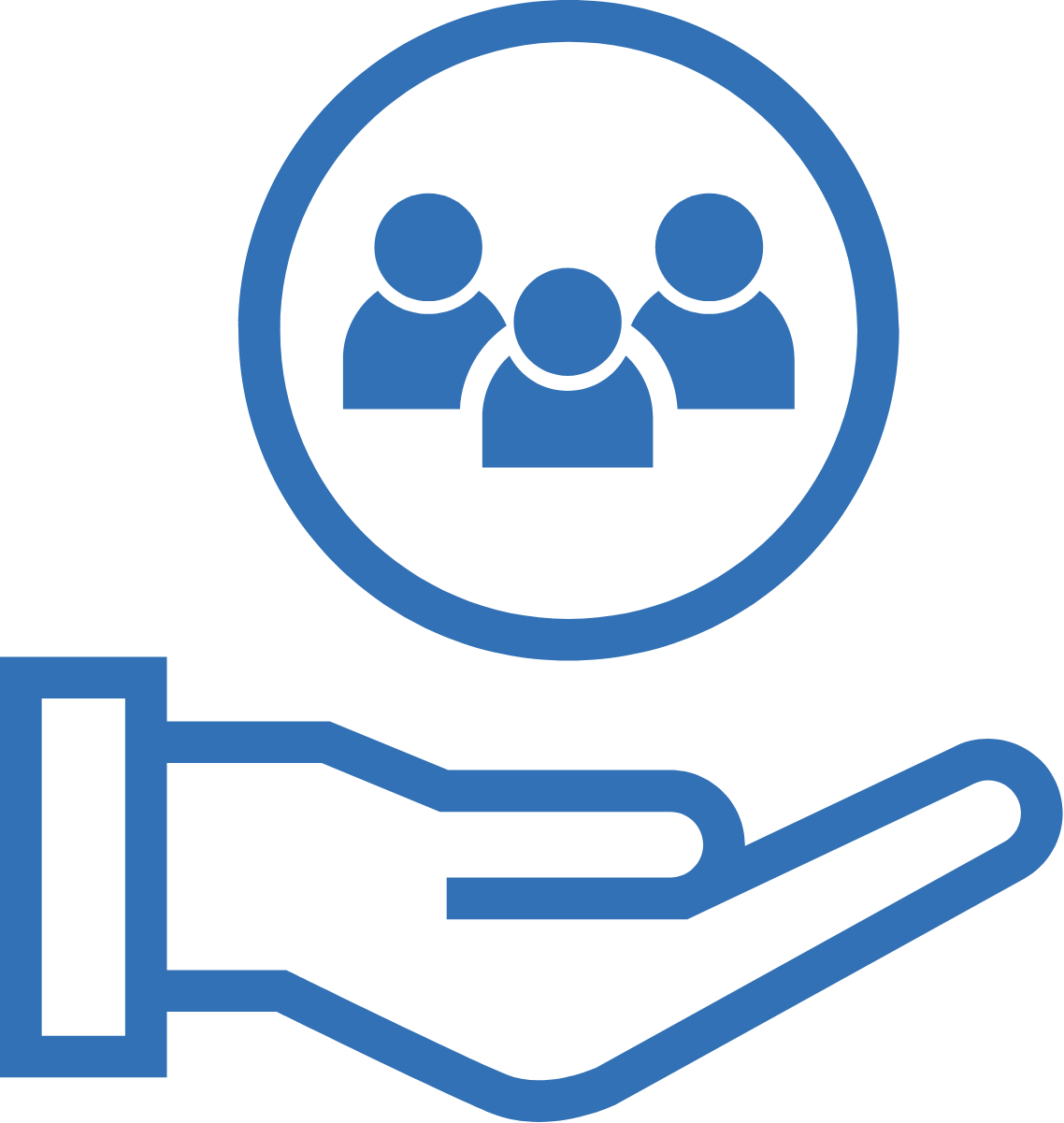Navigating Through a Remote Audit
By Andrew M. Musci, CPA, Manager and Samira Yarmohammad, Supervisor
It is likely that remote auditing is here to stay. To date, most organizations have had at least one remote audit conducted on their financial statements. So, let’s consider best practices and what areas we can build on or may need to improve.
Best Practices
Cooperation: In order to conduct a remote audit, cooperation is required from all parties involved. There are a number of best practices, which provide for an efficient and effective remote audit. Auditing standards generally address “what” evidence is required rather than “how” the evidence is obtained. Auditors must be innovative and forward-thinking while ensuring compliance with the standards.
Reducing Risk in Obtaining Audit Evidence: Whether remote or on site, auditors should always maintain professional skepticism and ensure the quality of audit evidence is sufficient. Auditees can assist in the process by identifying methods whereby the auditors can obtain the required information directly from the accounting system or through a third party. In this manner, overall audit risk can be reduced to an acceptable level regardless of whether auditors are physically on site or working remotely during the audit.
Vigilance: As we continue working in a remote environment, all parties must remain vigilant. It is imperative that audit procedures respond to shifts in client operations and the economy.
Importance of Video Calls: Remote auditing has been a controversial topic within the profession because of the belief that auditors may be more in tune to encountering fraud and other missteps when they are on site. Being able to read someone’s body language while conducting a fraud risk questionnaire is invaluable. However, the capability to oversee these questionnaires and other interviews via a video call has helped mitigate the fear of losing that additional assurance entirely.
Utilizing the Latest Technology
It is of utmost importance that auditors who are performing procedures remotely are making certain that they are adhering to the standards. Utilizing the latest secure technology available while conducting remote audits is also extremely important. Virtual meetings, instant messaging, social media and shareable file storage are various technologies that are being used daily. This is important to attract the next generation of clients. Enhancing the quality of service and increasing client satisfaction is the overall goal of implementing new technology.
PKF O’Connor Davies has adapted to the remote working environment in a number of different ways. One system that the Firm is utilizing now is a remote portal called Suralink. Suralink is the leader in PBC request list management software. The software helps audit, tax and advisory teams increase engagement efficiency while simultaneously improving the client experience. Suralink’s dynamic workflow solution has proven to help auditors reduce the amount of time and effort required to keep engagements on track as well as saving time and avoiding duplicative effort by the auditee. PKF O’Connor Davies applies the same management principles remotely as performed in the client’s office.
More Efficient Remote Audit
For a remote audit to be performed efficiently and effectively, it is important to have the auditee prepared for this new experience. In order to decrease the anxiety level of the client due to lack of interpersonal contact, it is important to explain the protocols and procedures to the client.
- Given that there is less in personal contact, it is important to be able to communicate what is expected and needed in order to perform an efficient remote audit.
- Email and phone are acceptable means of communication, but having resources such as live video chat and instant messaging can reduce response time and improve client-practitioner relationships.
- Ahead of the engagement, provide the auditee with a list of the documentation needed to perform the audit.
Open Lines of Communication
In order to provide superior client audit service, there should be open lines of communication within which staff and managers of both the auditee and the auditor interconnect through remote communication and meeting tools. This can be achieved through a task list that is time-lined for follow up in regularly scheduled update meetings. If this is properly constructed, a mutually beneficial experience and reduced anxiety should result. Remote portals and shareable file storage platforms have given practitioners and clients the ability to quickly and conveniently send and retrieve information at their convenience.
Contact Us
If your organization needs assistance in obtaining and employing the IT tools needed to accomplish a seamless remote audit, contact your client engagement partner or any of the following:
Jennifer M. Galasso, CPA
Partner
jgalasso@pkfod.com | 914.341.7067
Stewart A. Grubman, CPA
Partner
sgrubman@pkfod.com | 240.534.2810
Andrew M. Musci, CPA
Manager
amusci@pkfod.com | 914.421.5649
Samira Yarmohammad
Supervisor
syarmohammad@pkfod.com | 240.534.2800








































